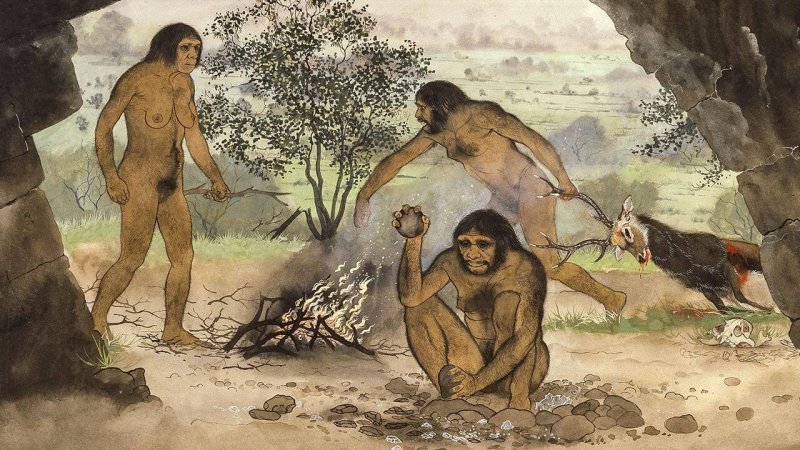Recent archaeological digs in Africa found evidence of Middle Stone Age tools dating to just 11,000 years ago, about 20,000 years after these tools were traditionally believed to have stopped being produced. This means groups of ancient humans moved to using newer tools at different speeds, and that early human hunters lived in relative isolation from each other.
All previous archaeological and anthropological discoveries in Africa have supported the belief that humans in Africa stopped using simple points and scraper tools and developed more complex weapons, tools and craft appliances about 30,000 years ago. However, researchers from Germany’s Max Planck Institute have published their new findings in the journal Scientific Reports claiming the latest evidence gathered at sites in Senegal, on the West coast of Africa, are “fueling a rethink of the passage of human evolution.”
The new paper suggests some ancient people living in Africa 11,000 years ago were still using simple tools, while other groups had developed more advanced technologies 20,000 years previously. This directly challenges the traditional theory that humans evolved in a linear fashion, making technological advances together, and proves humans evolved at greatly different rates around Africa, and the world.































